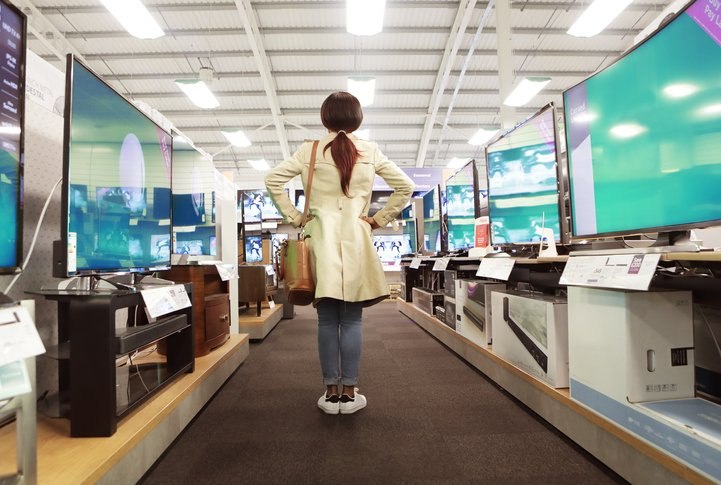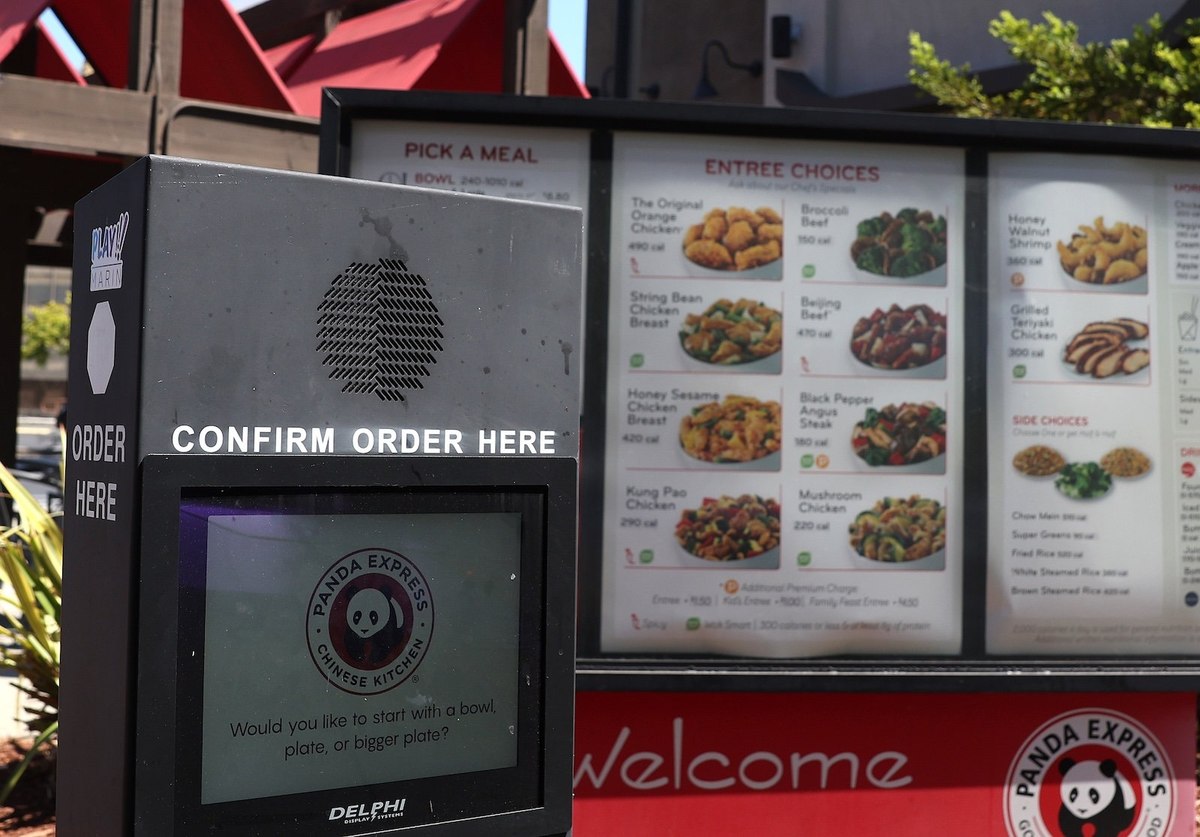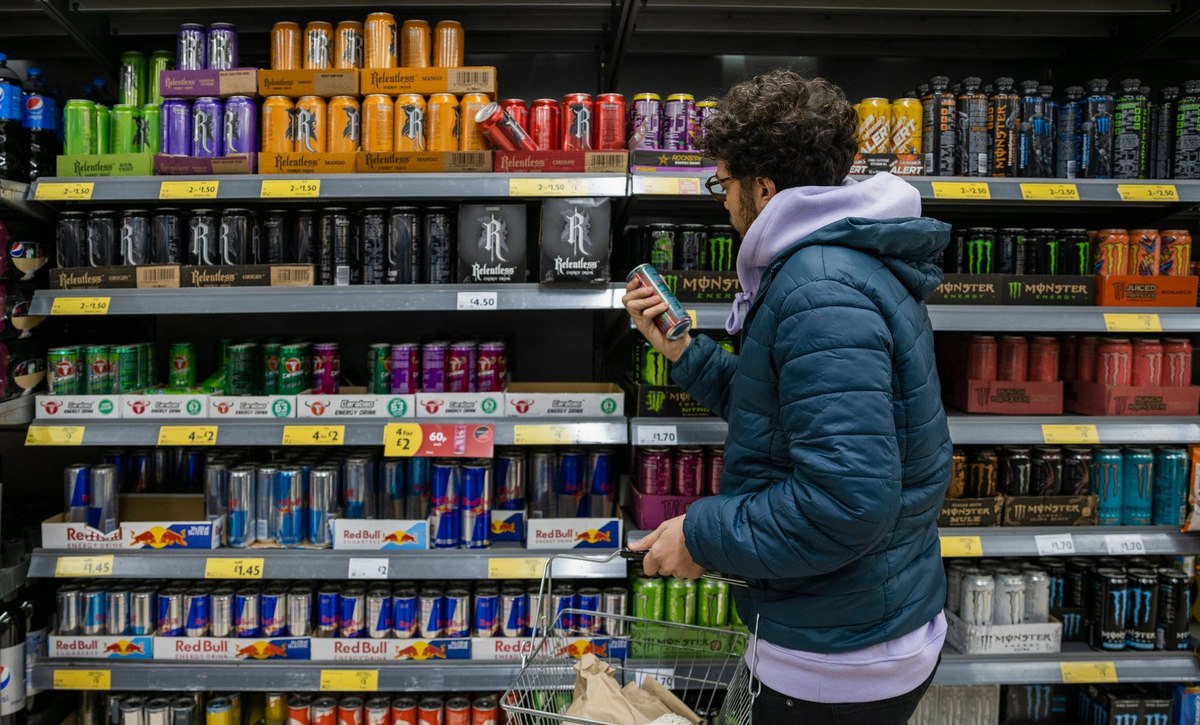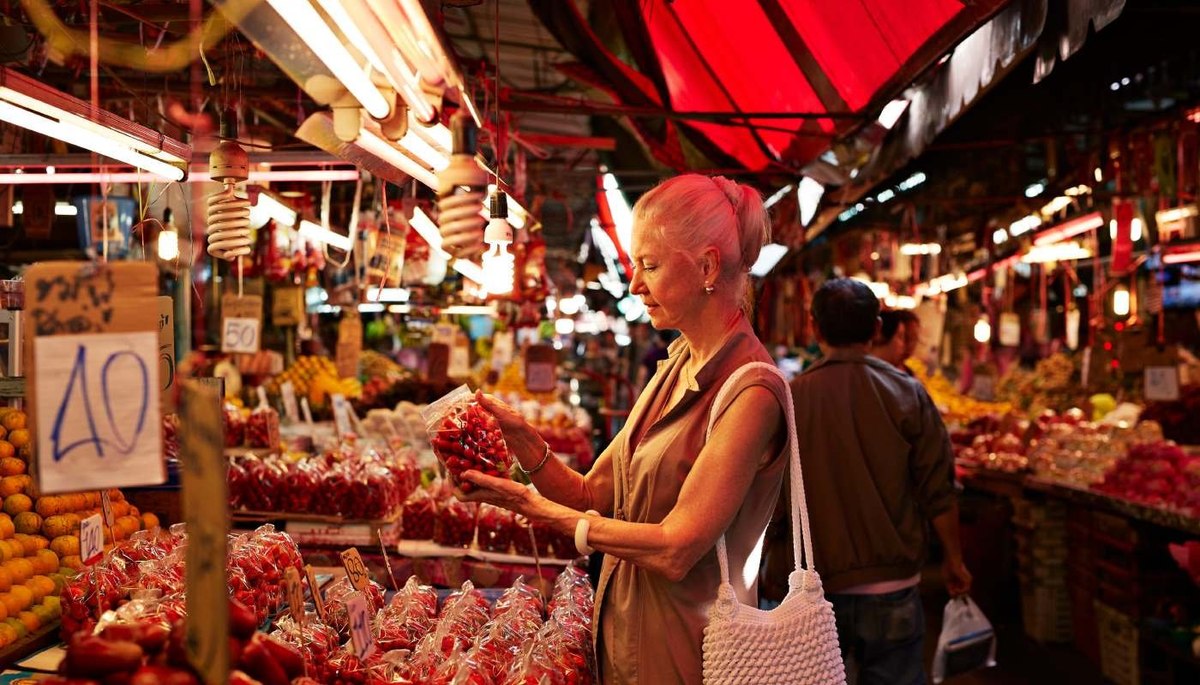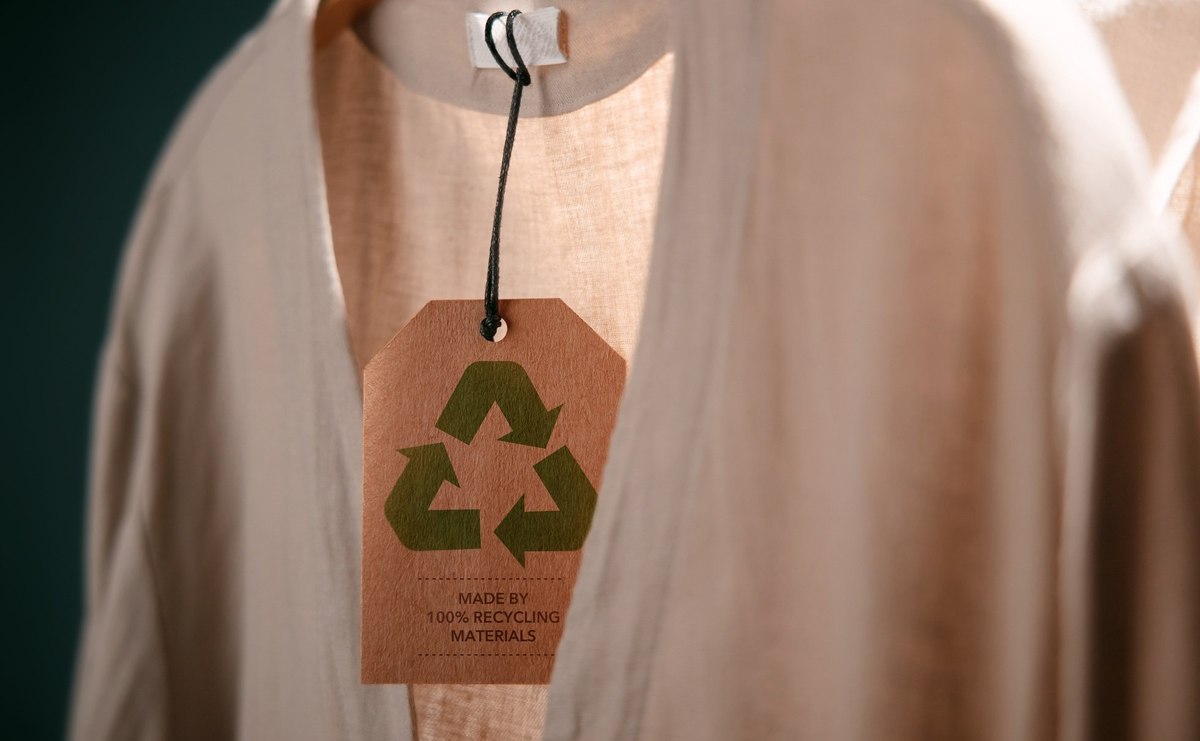
Global: Are consumers mistrustful of brands’ green claims?
According to YouGov data around 44% of global consumers say they try to buy only from companies who are socially and environmentally responsible. But how much trust can consumers have in a brand’s claims given high profile apparent shortcomings like those highlighted by recent reportage on fast fashion brand H&M?
In order to gauge consumers’ opinions on green claims made by brands we asked people across 18 global markets whether they agree or disagree with the statements: I am skeptical about most brands’ attempts to convince me that they are green and; I believe the advertising claims made by small brands more than I believe those of larger brands.
Polling data reveals that a majority of global respondents (60%) agree that they are skeptical about green claims made by brands, suggesting brands need to up their game if they want to gain their trust. While over a quarter are on the fence (28%), the proportion of overall consumers who disagree with the statement is less than one in ten (7%).
Of all countries surveyed, Britons are the most likely to say they are skeptical (71%), followed by consumers in Spain (69%) and France (66%).
Around two-thirds of consumers in Mexico (66%) and Canada (65%) say they are mistrustful of brands when it comes to environmental claims. However, even though more than half the American population agrees with the statement (54%), they are considerably below the global average.
Apart from Australia (63%), all other APAC markets are less likely than global audiences to agree with the statement – China (57%), Singapore (56%) and India (54%). Hong Kong (43%) registers the lowest share of agreement of all countries, followed by Indonesia (51%). While the proportion of consumers who disagree with the statement in these two countries is similar to the rest of the markets surveyed, the proportion of unsure consumers is more significant than other countries – 47% in Hong Kong and 41% in Indonesia.
The large share of consumers who pick ‘neither agree nor disagree’ suggests that if brands play their cards right, they might be able to convince customers about their green claims.
Further, we look at whether or not consumers believe the broader advertising claims of small brands more than those of larger brands.
Looking separately at consumers who agreed with the first statement and those who disagreed with it, we notice that although a majority of consumers are skeptics about brands’ green initiatives, they are far more likely agree that they trust small brands over larger ones.
Among the global respondents who say they are not easily convinced that a brand’s sustainable, more than a third (36%) are more likely to believe advertising claims of small brands than larger brands. Of the 7% of overall consumers who are convinced about green claims by brands, less than a third agree (27%) that they are more likely to believe in small brands.
The same trend is also seen in individual markets. However, what is noteworthy is that consumers in both groups are more likely to be on the fence, suggesting that they are unsure about believing advertising claims regardless of the brand size.
Explore our living data – for free
To receive monthly insights about the automotive industry register here.
To read YouGov’s latest intelligence on the auto sector explore here.
Make smarter business decisions with better intelligence. Understand exactly what your audience is thinking by leveraging our panel of 20 million+ members. Speak with us today.
Methodology: YouGov Surveys: Serviced provide quick survey results from nationally representative or targeted audiences in multiple markets. The data is based on surveys of adults aged 18+ years in 18 markets with sample sizes varying between 514 and 2023 for each market. All surveys were conducted online in October 2022. Data from each market uses a nationally representative sample apart from Mexico and India, which use urban representative samples, and Indonesia and Hong Kong, which use online representative samples. Learn more about YouGov Surveys: Serviced.



